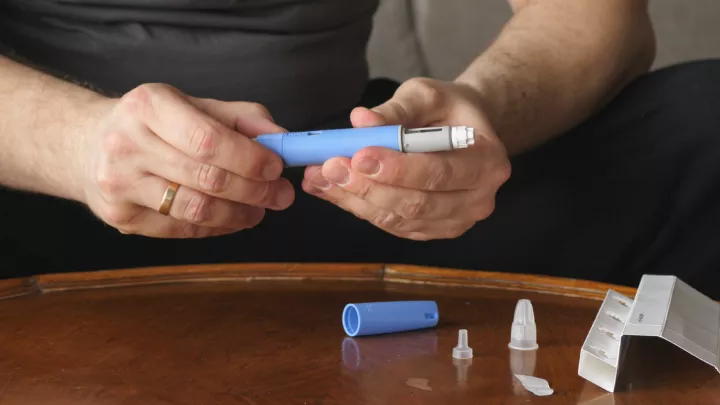Finding your identity after retirement

You’ve worked for decades, juggling your career and home life, all with an eye on retirement. But what happens when post-career life is not what you expected?
“We look forward to retirement and long for it sometimes,” says geriatric psychiatrist Steven Wengel, MD. “But when the reality hits, if a person hasn’t planned for their retirement, it can be a struggle.”
Can retirement cause depression?
A recent study found that 28% of retirees experience depression, which is substantially higher than in the overall older adult population.
Some retirees feel they have lost their identity when they part from their careers.
“We sometimes forget that work meets a number of needs,” Dr. Wengel says. “We need to make money and earn a living, but our jobs give us a lot more than that: a kind of built-in social contract, structure, a reason to get out of bed every morning and a sense of purpose.”
Additionally, recent retirees may feel guilt for leaving their work teammates “in the trenches,” anxiety, loneliness and even grief over the loss of their career.
How to enjoy life after retirement
The key to enjoying a full life in retirement, Dr. Wengel says, is to plan for it in the same way one would make a financial plan.
“You don’t wait until the day you retire to say, maybe I should put some money aside for retirement,” he says. “But for some reason, when it comes to the psychological aspects of retirement, we don’t really plan ahead.”
Dr. Wengel suggests creating a diversified retirement activity portfolio, which might include:
- Hobbies
- Volunteering
- Reconnecting with friends
To avoid overloading your schedule, Dr. Wengel suggests identifying two to three activities you enjoy and planning around those.
“You don’t want 10 things because that’s probably too much. You start feeling like you’re on the treadmill again,” he says.
A comprehensive wellness plan
In addition to planned activities, developing simple routines can also help a retiree stay well. These may include:
- Waking up and going to sleep around the same time
- Exercising regularly
- Eating balanced, regular meals
While the above routines are important for physical and mental health, there are other dimensions to overall wellness, such as emotional, social and spiritual health. Dr. Wengel suggests using this step-by-step guide to help you better your health in eight specific dimensions of wellness.
Staying connected
Humans need connection. It can help us feel valued and a part of the community, as well as improve our health and well-being.
Furthermore, Dr. Wengel says studies have shown that older adults fare better when there is someone, or something, that needs them.
“Having at least one other living thing which depends on you is important, whether it’s a human being or a pet, or in some cases when you can’t have a pet, like in a nursing home setting, they’ve actually found that having house plants that depend on you is better than nothing,” he says. “It seems like it’s a fundamental need to have those connections and be needed.
For those looking to connect with others through volunteering, the Eastern Nebraska Office on Aging, or ENOA, provides a range of opportunities, and resources for older adults to help them remain active and independent.
When to seek help
While it is normal and even expected to have mixed feelings after retiring, if you are experiencing signs of depression, such as trouble sleeping or changes in appetite, it’s important to seek help.
“Start by talking to your primary care provider,” Dr. Wengel says. “Doctors can help sort out and decide whether you need some kind of treatment, talk therapy or medication.”
Looking for a primary care doctor?
We can help! Call us at 800.922.0000 to find a doctor near you, or visit NebraskaMed.com/Doctors.






